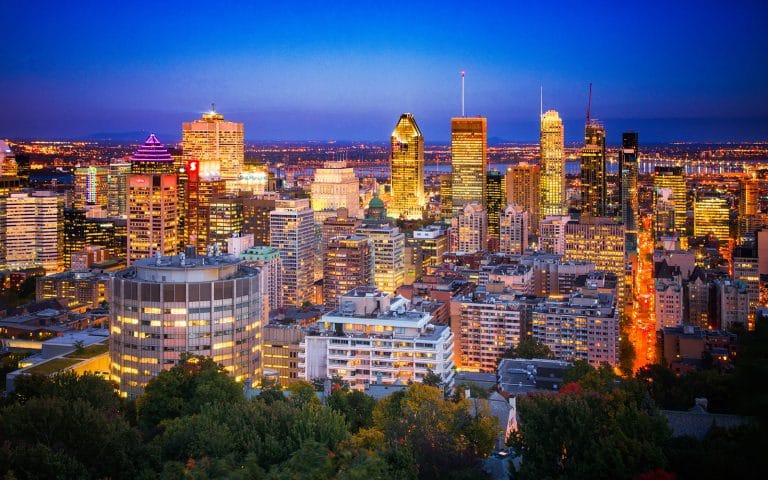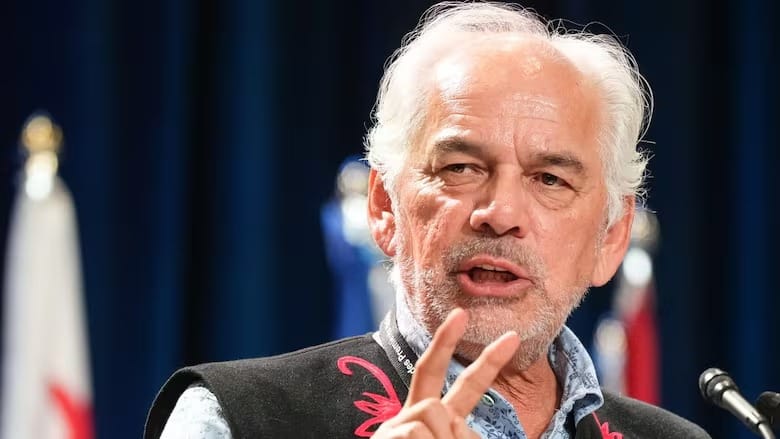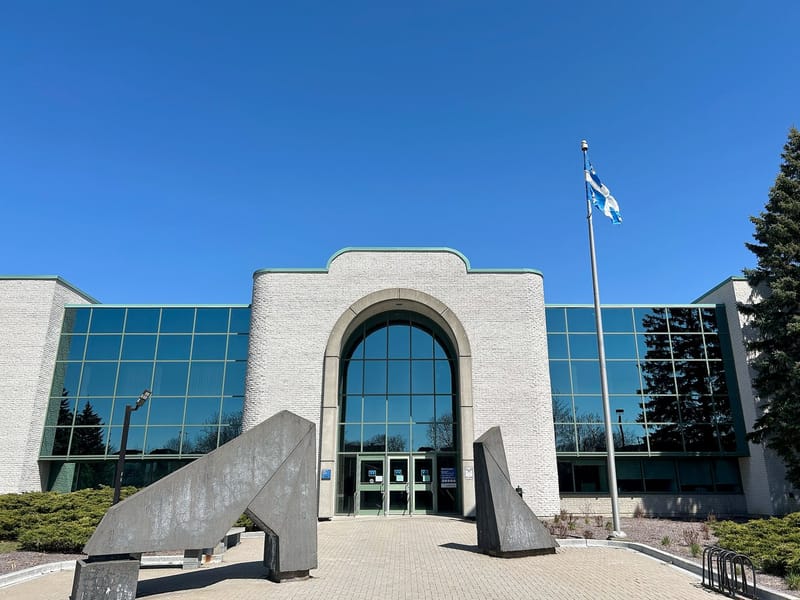Should Montreal be a 24-hour city?
The municipal council of Montreal will consider extending the opening hours of nightlife – but what does the on-trade make of its plans?

Montreal's new nightlife policy aims to "enrich the night-time experience to make the city more enjoyable to live in and increase its popularity as a destination." However, city officials have made it clear that "Montreal will not become a city open 24/7. The policy will be gradually implemented in select areas and under close supervision."
The policy, which includes 28 actions across three categories, was presented to the municipal council on November 18 and will soon undergo consultation with key industry stakeholders. A dedicated nightlife consultation group, consisting of 28 members from various sectors, will help guide the implementation. Activities outside "regular hours" will only be allowed in specific locations, with performance venues being the first allowed to extend operating hours. Certain areas in Montreal may also be designated for extended hours, provided they have a mix of cultural and commercial sites and a collaborative effort to ensure safe nighttime activities.
The most discussed element of the policy is the proposed extension of opening hours for bars and clubs, which currently must close by 3 a.m.
Alex San Gregorio, of Bar Le Mal Nécessaire, noted that while the new rules for 24-hour alcohol permits have yet to be finalized, some businesses may not be interested in staying open later. "We will likely never want to stay open beyond our current closing times of 2 a.m. or 3 a.m. on weekends," he said. He also questioned the idea of designated areas for extended hours, suggesting that a more open process, where businesses could bid for extended permits, would bring in higher-caliber proposals. "Montreal needs a more upscale venue, like E11even Miami, not a collection of college bars open late."
Andrew Whibley, co-owner of the Cloakroom and Dominion cocktail bars, expressed a similar sentiment. "Unless there was a drastic change, I don’t see myself keeping any of my venues open that late," he explained. He noted that while Dominion is typically booked from 5 p.m. until 11 p.m., there is not much business after 1 a.m. and believes that the city's focus should be on driving traffic to downtown, which he feels is hindered by construction and parking costs. "On a personal level, I wouldn’t want my staff to work all night. It’s not a viable lifestyle."
Sergio Da Silva, co-founder of Turbo Haüs, a live music venue and cocktail bar, said he might apply for a 24-hour license but only for special events. He added that the new policy should not solely focus on extended hours, as "24-hour bars are not a silver bullet for the challenges we face. Without addressing the cost of living, no amount of 24-hour policies will make a difference."
For city councillor Ericka Alneus, the debate over 24-hour operations distracts from the broader goals of the policy. "The issue isn’t about creating a 24/7 nightlife like Vegas," she said. "The focus is on ensuring nightlife can thrive while co-existing with other parts of the city." She emphasized that, given the current housing crisis, it is crucial to strike a balance between vibrant nightlife and peaceful residential areas.
Alneus sees the policy's funding as key to its success, with the city planning to allocate CA$5.5 million over three years to support venues, including a CA$2.5 million program aimed at reducing noise pollution. "Nightlife in Montreal is organic," she said, noting that some venues, while popular, lack proper soundproofing.
A central part of the policy will be the creation of "nightlife poles" in designated areas. These will be spaces where businesses agree to a code of conduct and receive funding in return. Alneus cited events like those organized by the dance collective Moonshine and late-night theater performances as examples of activities that could benefit. "People have a certain image – and even stigma – about Montreal’s nightlife. The purpose of these poles is to support that nightlife while ensuring it's well-regulated," she explained.
The new approach is also designed to streamline processes. "Before, businesses had to navigate a lot of paperwork," said Alneus. "Now, with recognition as a nightlife pole, they can focus on activities without all the administrative hurdles."
Alneus also emphasized that the policy does not aim for a 24/7 city. "We’re not heading towards 24/7 operation, and being in a pole doesn’t mean everything will go on all night," she added.





